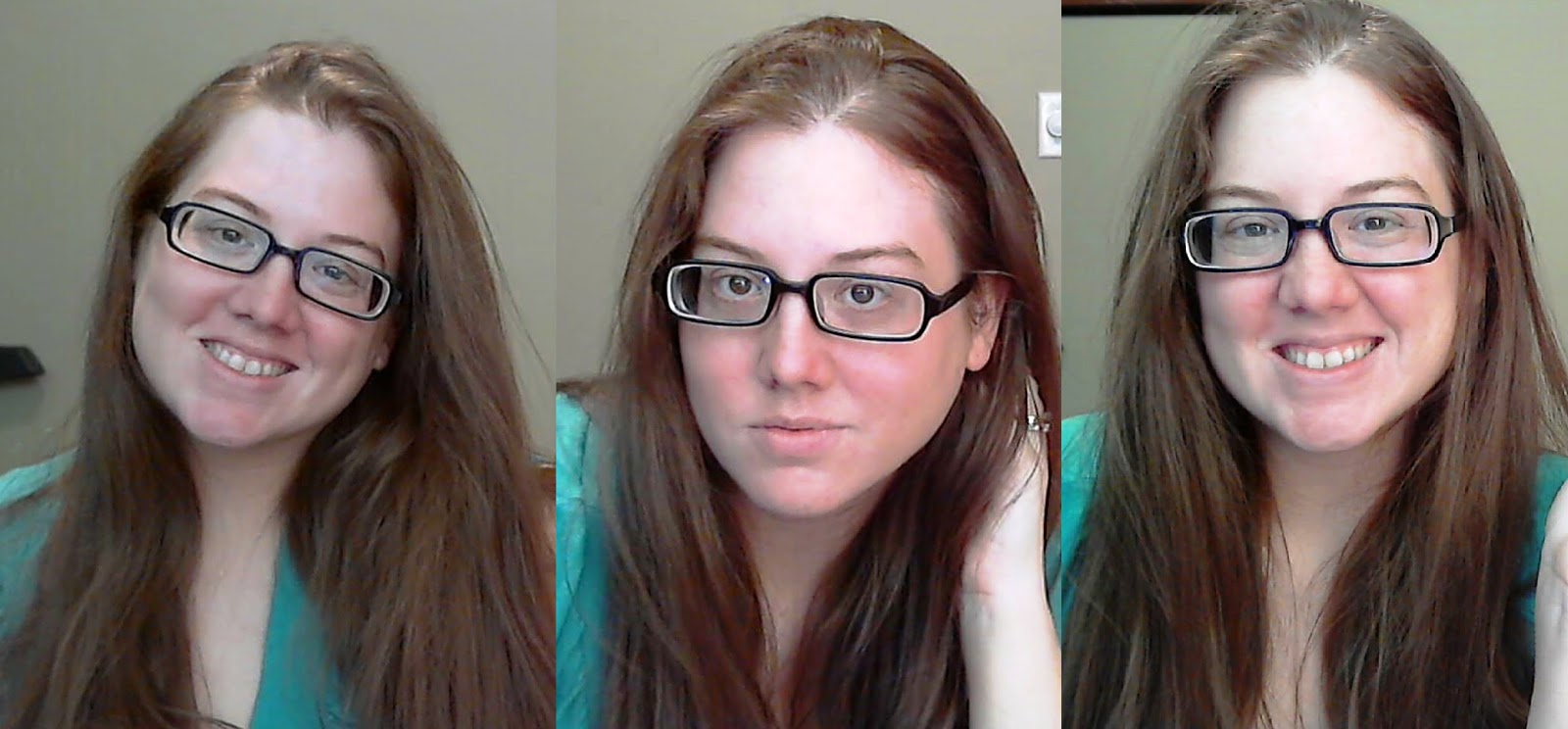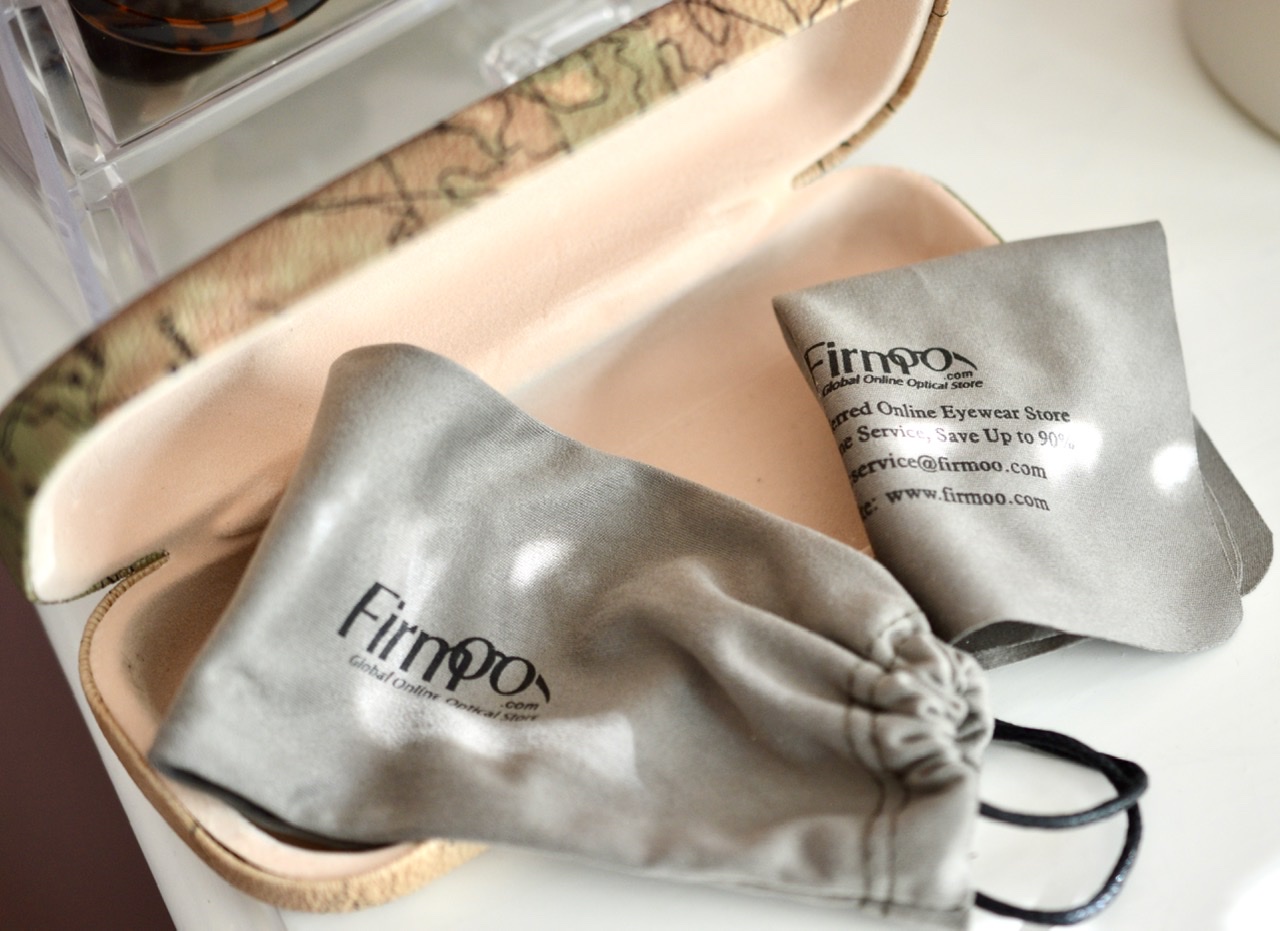

Researchers inspired by these prospects-and companies that make wearable devices for niche applications-are going to keep plugging away in hopes of getting to a point where the technology blends into the glasses themselves, rather than sitting so obviously atop them. A device that could sense what you were doing at a given moment and serve up relevant information into your field of view could be incredibly useful as a memory aid and productivity enhancer. (See my Q&A with Starner in July/August 2013.)

Those kinds of applications are always cited by wearable-computing die-hards like Thad Starner, a Georgia Tech professor and Glass technical lead who has been making and wearing these kinds of gadgets since 1993. A display in your line of sight can make for a better navigational tool or real-time language-translation assistant than a smartphone.Īnd far more intriguing possibilities remain. I could easily look at the list of ingredients in a recipe by tilting my head upward, or shift my eyes to check my speed on a descent. Even though I gave up on wearing Google Glass pretty quickly, I did find it helpful in situations where I wanted to be online yet didn’t want to be interrupted-while cooking or cycling, for instance. The idea that Glass represents-allowing you to ingest digital information at a glance-remains powerful. However, I can see how smart glasses will improve on both counts. Or it might have found more fans even if it didn’t do all that much-as long as it looked unobtrusive. It might have succeeded while looking weird if it let you do amazing things (the forthcoming Oculus Rift virtual-reality headset looks goofy, but people will eagerly put it on). Glass does a handful of things-it can take videos, give you turn-by-turn directions, make phone calls, or search the Web-but it doesn’t do any of them all that well. Glass annoyed other people largely because of its lack of utility: no one could understand why you’d want to have that thing on your face, in the way of normal social interaction. Another big misstep was the aspect that Katz mentioned first. Glass didn’t fail only because it looks weird.

The “explorers” have become widely known as “glassholes.” Why? The reasons are telling, and they help us understand where the technology could go next. But as Katz noted, it caused a social backlash. Presumably, the strategy has led to some priceless insights for the next version-Google’s online Glass forum brims with questions and feature requests from early users.
#FIRMOO GLASSES GOOGLE REVIEW SOFTWARE#
It hoped that software developers would come up with killer applications and that the people wearing it would act as evangelists. Rather than spending years developing Glass in secret, Google trotted it out as an early “beta” product that was somewhat functional but finicky and literally in your face.


 0 kommentar(er)
0 kommentar(er)
